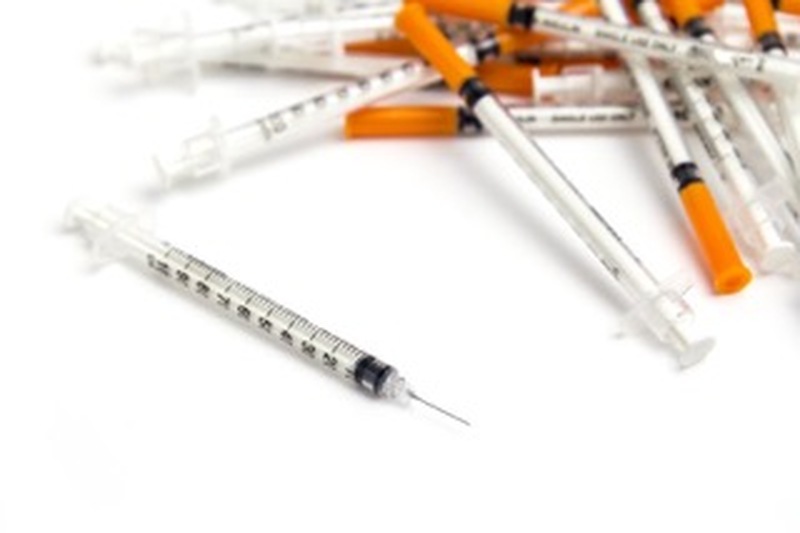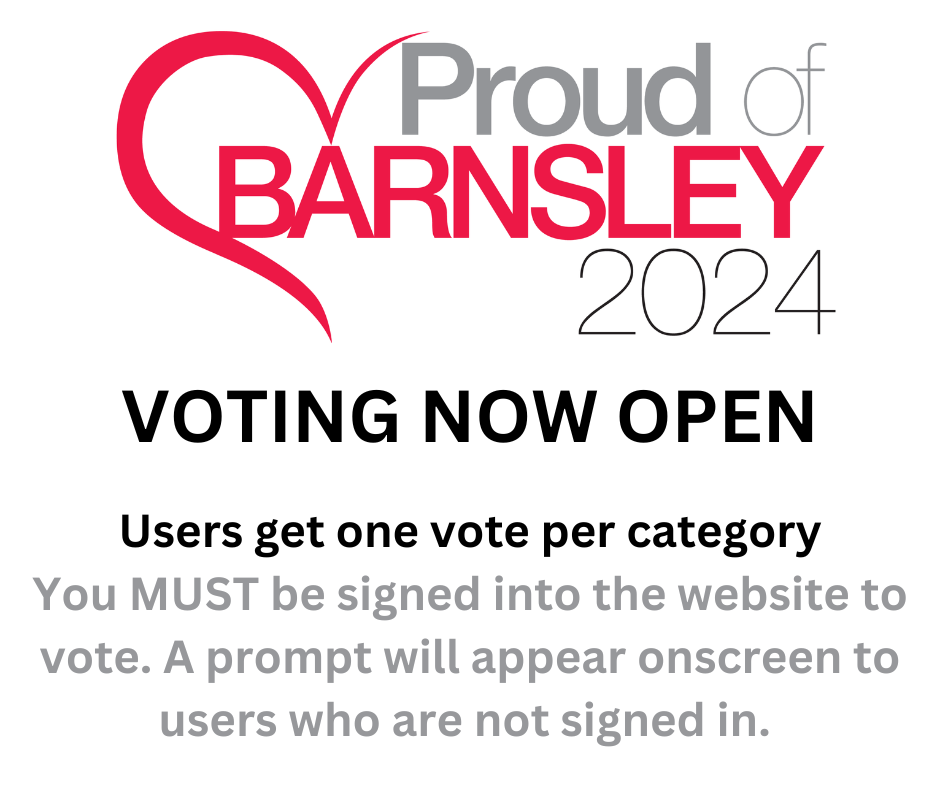SUPER-STRENGTH drugs linked to deaths in Barnsley have been found in samples of illegally-bought medicines which users thought were intended to treat conditions like anxiety, allergies or sleeping problems, the Chronicle can reveal.
Ten deaths have now been confirmed - linked to new synthetic opioid drugs called nitazenes - in just a year in the town.
According to the National Crime Agency (NCA) the strains - which are stronger than prolific killers such as heroin and fentanyl - have been detected in substances bought by members of the public who sought medicines to treat common conditions which should only be available on prescription.
Fake medicines included substances pretending to be diazepam, a well-used relaxant.
The real drugs are categorised as ‘Class C’ in the UK and are illegal to possess without a prescription.
However, they are also being sold illegally through the internet where they are not regulated, leading health bosses to issue a warning to people who may be lured in by their easy-to-access availability and cheaper prices.
Professor Rick Lines, head of substance abuse at WEDINOS - the largest and widest-ranging public drug testing programme in the UK - said: “What we see are counterfeit pharmaceuticals in very convincing-looking packaging with blister packs and branded packets, so in every kind of visible sense they are the same kind of packet you might get from a chemist.
“People are purchasing them through what they presume to be a legitimate online pharmacy, but it is actually an illicit online pharmacy selling illegal products.
“If you have a synthetic opiate in there, people would not be necessarily expecting to be at risk of an opiate overdose - they might not be aware that they’re at risk.
“They think they are consuming very often a legitimate pharmaceutical product because of the way it’s been branded and packaged, but also because it contains a type of substance for which they wouldn’t expect that kind of risk or that potential kind of overdose.”
Barnsley deaths linked to fake medicines occurred on October 9, October 27 and November 30 last year, followed by more on January 10, four in March and two in July.
According to the report, users unwittingly took promethazine which was found to have isotonitazene while others took diazepam which was found to contain metonitazene.
Anna Hartley, director of public health for Barnsley Council, urged people to avoid using websites to purchase non-prescribed medication.
“The risk of receiving potentially dangerous fake or sub-standard medicines rises sharply when the usual regulated system is bypassed, making the origin and contents of these pharmaceuticals unknown.
“Illegal suppliers do not follow quality controls or legal standards and some black market medications have been found to be counterfeit, missing expected ingredients, or even containing more dangerous and unexpected substances.
“The public should not to be tempted by what look like reduced prices or professional-looking websites offering medicines without prescription.
“We would advise the public to only take medication prescribed for them by their doctor and that is supplied by their pharmacist.
“It’s impossible to tell exactly what is in a drug just by looking at it and purchasing medication online is essentially the same as doing so on a street corner, which they would never consider doing.
“It is extremely dangerous - if you or someone you’re with become ill, call 999 and be honest about what has been taken.”





























